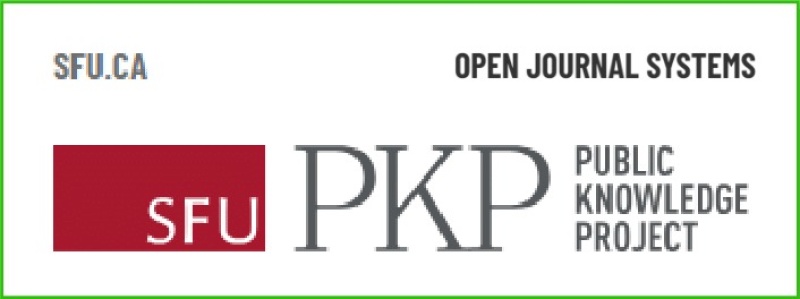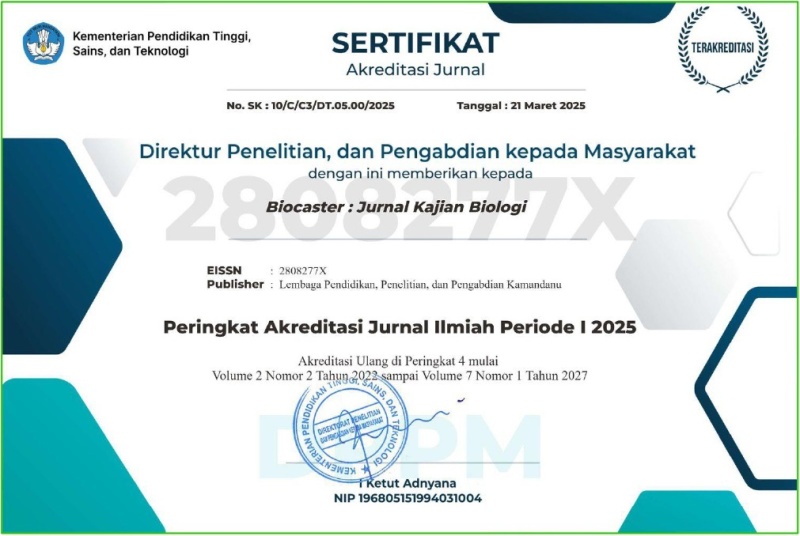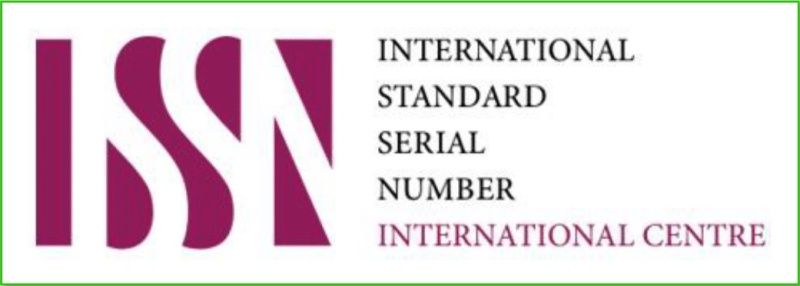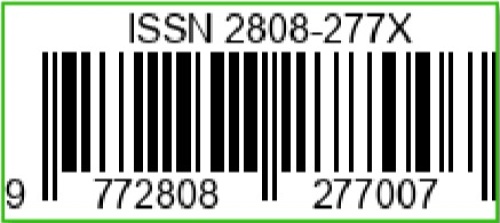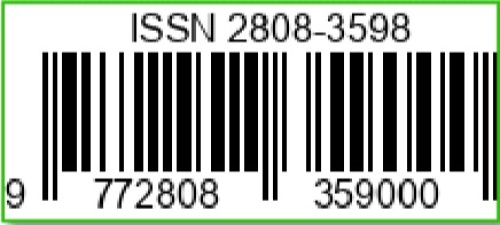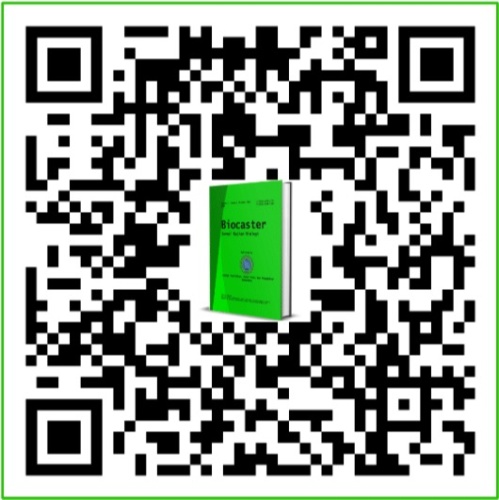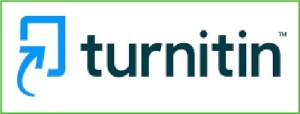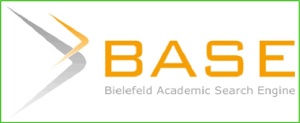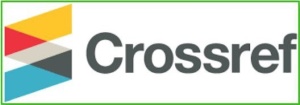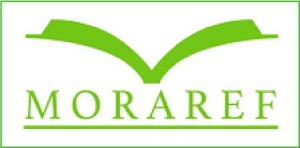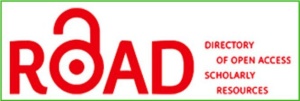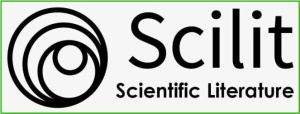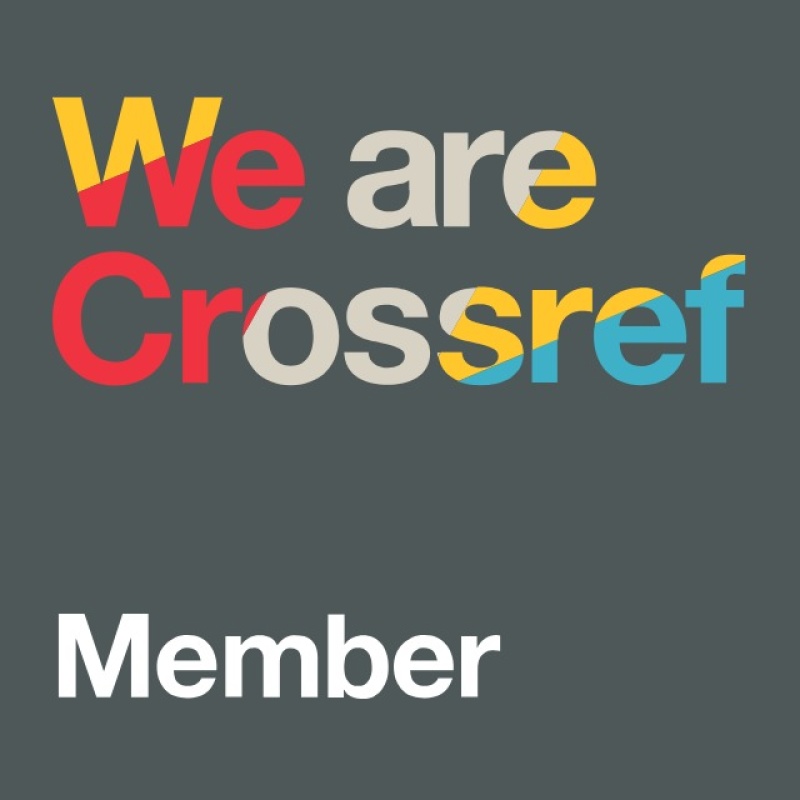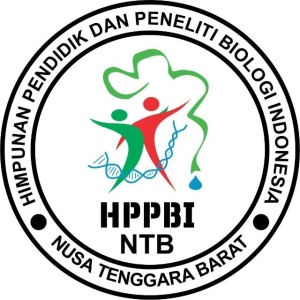Validitas Lembar Kerja Peserta Didik Berbasis Problem Based Learning pada Materi Ekosistem Fase E SMA/MA
DOI:
https://doi.org/10.36312/biocaster.v5i4.664Keywords:
Ecosystem, LKPD, Problem Based LearningAbstract
The biology learning process utilizes a variety of teaching materials, including package books and Student Worksheets (LKPD). However, the LKPD used by teachers is still limited to practicum activities and has not met the components of the preparation of the LKPD optimally. To overcome this, LKPD based on Problem Based Learning (PBL) was developed which has the advantage of improving students' ability to solve problems contextually. This research aims to produce PBL-based LKPD on ecosystem materials that are valid for students in phase E of high school/ma. Development is carried out using a 4D model which includes the stages of defining, design, develop, and disseminate. The research was limited to the development stage with a validity test through filling out a questionnaire by three expert lecturers. The validation results showed that LKPD was in the very valid category with a score of 86.99%. Thus, the PBL-based LKPD developed is declared suitable for use as teaching materials in biology learning.
Downloads
References
Akbar, S. (2013). Instrumen Perangkat Pembelajaran. Bandung: PT. Remaja Rosdakarya.
Aulia, S. F., Solikha, M., Paujiah, E., Hadiansah, H., & Cahyono, T. (2025). Penyusunan dan Validasi Lembar Kerja Peserta Didik Berbasis Literasi Sains pada Materi Pencemaran Lingkungan. Bioscientist : Jurnal Ilmiah Biologi, 13(2), 1062-1076. https://doi.org/10.33394/bioscientist.v13i2.16133
Darwati, I. M., & Purana, I. M. (2021). Problem Based Learning (PBL): Suatu Model Pembelajaran untuk Mengembangkan Cara Berpikir Kritis Peserta Didik. Widya Accarya : Jurnal Kajian Pendidikan FKIP Universitas Dwijendra, 12(1), 61-69. https://doi.org/10.46650/wa.12.1.1056.61-69
Hartina, A. W., Wahyudi, W., & Permana, I. (2022). Dampak Problem Based Learning untuk Meningkatkan Keterampilan Kolaborasi dalam Pembelajaran Tematik. Journal of Education Action Research, 6(3), 341-347. https://dx.doi.org/10.23887/jear.v6i3
Hasan, Z., & Zubairi, Z. (2023). Strategi dan Metode Pembelajaran Akidah Akhlak. Tarqiyatuna : Jurnal Pendidikan Agama Islam dan Madrasah Ibtidaiyah, 2(1), 38-47. https://doi.org/10.36769/tarqiyatuna.v2i1.312
Kurniasih, D. (2021). Analisis Bahan Ajar Bahasa Indonesia bagi Penutur Asing (BIPA) Sahabatku Indonesia Tingkat Dasar. Madah : Jurnal Bahasa dan Sastra, 12(1), 25-45. https://doi.org/10.31503/madah.v12i1.305
Magdalena, I., Sundari, T., Nurkamilah, S., Nasrullah, N., & Amalia, D. A. (2020). Analisis Bahan Ajar. Nusantara, 2(2), 311-326. https://doi.org/10.36088/nusantara.v2i2.828
Muslimah, M. (2020). Pentingnya LKPD pada Pendekatan Scientific Pembelajaran Matematika. Social, Humanities, and Educational Studies (SHEs) : Conference Series, 3(3), 1471-1479. https://doi.org/10.20961/shes.v3i3.56958
Prastowo, A. (2015). Panduan Kreatif Membuat Bahan Ajar Inovatif. Yogyakarta: Diva Press.
Saputri, M., Muliadi, A., & Safnowandi, S. (2022). Profil Minat Belajar Siswa dengan Model Pembelajaran Problem Based Learning (PBL) pada Kelas XI. Educatoria : Jurnal Ilmiah Ilmu Pendidikan, 2(3), 148-155. https://doi.org/10.36312/ejiip.v2i3.98
Sholeh, M., & Sutanta, E. (2019). Pendampingan Pengembangan Bahan Ajar dengan Videoscribe pada Guru SMK Tembarak Temanggung. Jurnal Pengabdian kepada Masyarakat, 2(1), 1-9. https://doi.org/10.31294/jabdimas.v2i1.4766
Thiagarajan, S., Semmel, D. S., & Semmel, M. I. (1974). Instructional Development for Training Teachers of Exceptional Children: A Sourcebook. Bloomington: Indiana University.
Downloads
Published
How to Cite
Issue
Section
License
Copyright (c) 2025 Nia Oktavia, Nurhadi, & Annika Maizeli

This work is licensed under a Creative Commons Attribution-ShareAlike 4.0 International License.
-
Attribution — You must give appropriate credit, provide a link to the license, and indicate if changes were made. You may do so in any reasonable manner, but not in any way that suggests the licensor endorses you or your use.
-
ShareAlike — If you remix, transform, or build upon the material, you must distribute your contributions under the same license as the original.


